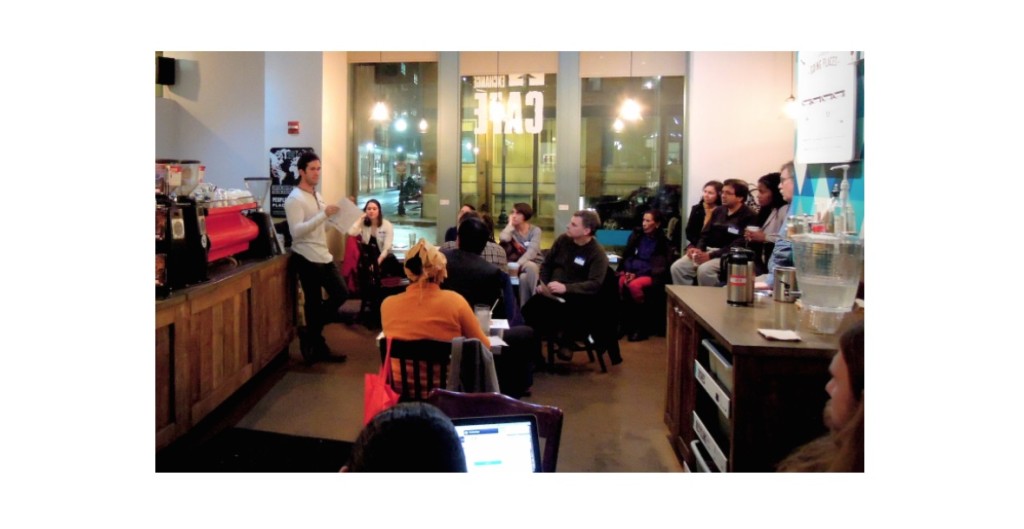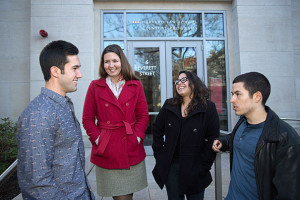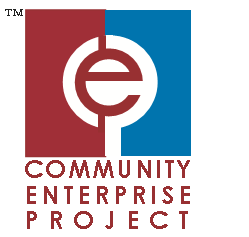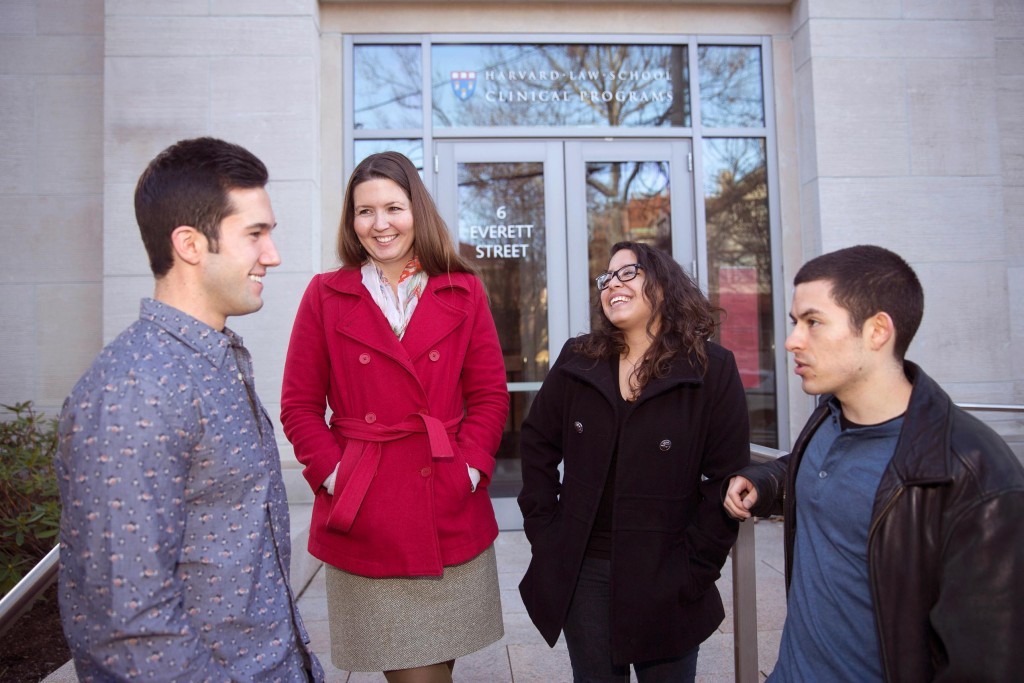By Jennifer Marr J.D. ’18

Group photo of RAP students
My participation in the Recording Artists Project (RAP) has been my most important experience at Harvard law School. In fact, it was one of the reasons I came here in the first place. I had a fledgling interest in the music industry and RAP offered a hands-on opportunity to explore that interest while helping real industry clients. I have always felt music is a foundation of our culture and artists are accordingly vital stewards to protect. Moreover, it’s one of the only Student Practice Organizations at HLS with a practical focus on transactional legal training – hard to find in a law school classroom.
My first client was a musician seeking to release a multi-artist album on his newly founded label. My team and I drafted a form agreement that our client used to license the works from each of the album artists. My second semester at HLS we represented a band that was breaking up. Based on a pre-existing band agreement, we drafted a memo advising the members of their various rights with regards to their discography. Both semesters, I was a Team Leader where I acted as liaison between my team, the client and our supervising attorney. My responsibilities also included setting deadlines and discussing progress with our supervisor – it was a wonderful opportunity to practice client communication.

Jennifer Marr J.D. ’18
Through RAP I’ve gained skills and knowledge in three major areas: 1) entertainment/music industry norms; 2) transactional legal practice; and 3) project management. First, RAP trains its students in the complex business structures that make up the music industry and its key actors. Working with my clients showed me firsthand how different industry actors work together and how important their roles are; and furthermore how actors might take advantage of each other. Second, I learned how to read a contract and understand the relevance of “boiler plate terms” to real transactions – something which proved valuable in my 1L and 2L summers. Last, I gained practical skills related to project management including setting timelines, managing group dynamics, and client communication.
I expected RAP to be a fun way to learn about the music industry, get some transactional experience, and fulfill my pro bono hours. I was surprised that instead it became the foundation of my success at HLS. My second year I became the President of RAP – an invaluable lesson in leadership. RAP is the reason I secured my dream internship at Sony Music my 1L summer in New York City, and gave me the confidence to accept an offer to practice transactional entertainment law in Los Angeles after graduation. When my research paper on music copyright law won a UC Berkeley writing award this past Spring, I owed all my thanks to my RAP supervisor. More importantly, I have been surprised by the breadth of individuals RAP has helped, both directly through its clinical work and indirectly through its community work. Through activities like hosting the Boys and Girls Club of America on campus to organizing the Entertainment Law Symposium, I have had the privilege of making important lifelong connections. RAP is proof of the depth that work in entertainment law can offer.



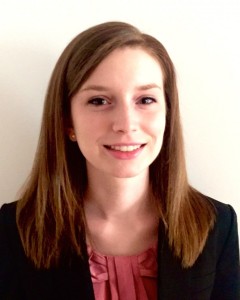
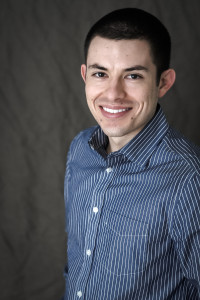 Harvard Law School 3L Steven Salcedo is among 12 law students recognized by the Association of Corporate Counsel (ACC)-Northeast for “exemplary commitment to ethics in the course of their clinical studies.”
Harvard Law School 3L Steven Salcedo is among 12 law students recognized by the Association of Corporate Counsel (ACC)-Northeast for “exemplary commitment to ethics in the course of their clinical studies.”
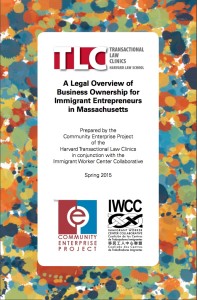
 Over the summer, CEP’s director, Amanda Kool, and CEP student Matt Diaz ‘16 traveled to Oakland, California to meet with Janelle Orsi and other members of the
Over the summer, CEP’s director, Amanda Kool, and CEP student Matt Diaz ‘16 traveled to Oakland, California to meet with Janelle Orsi and other members of the